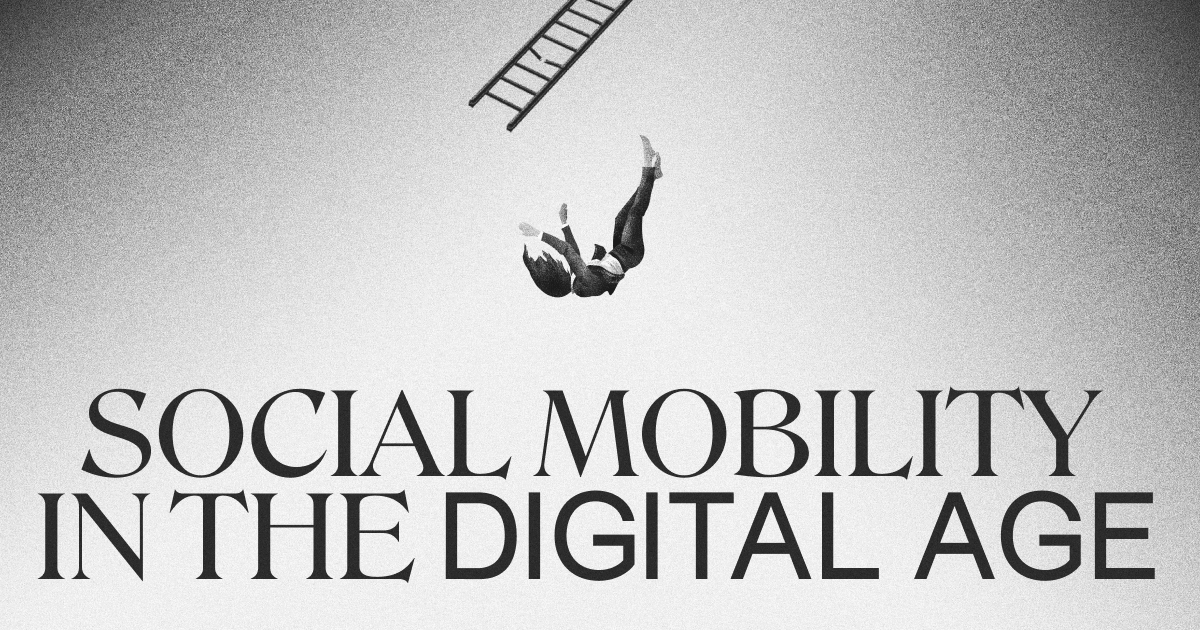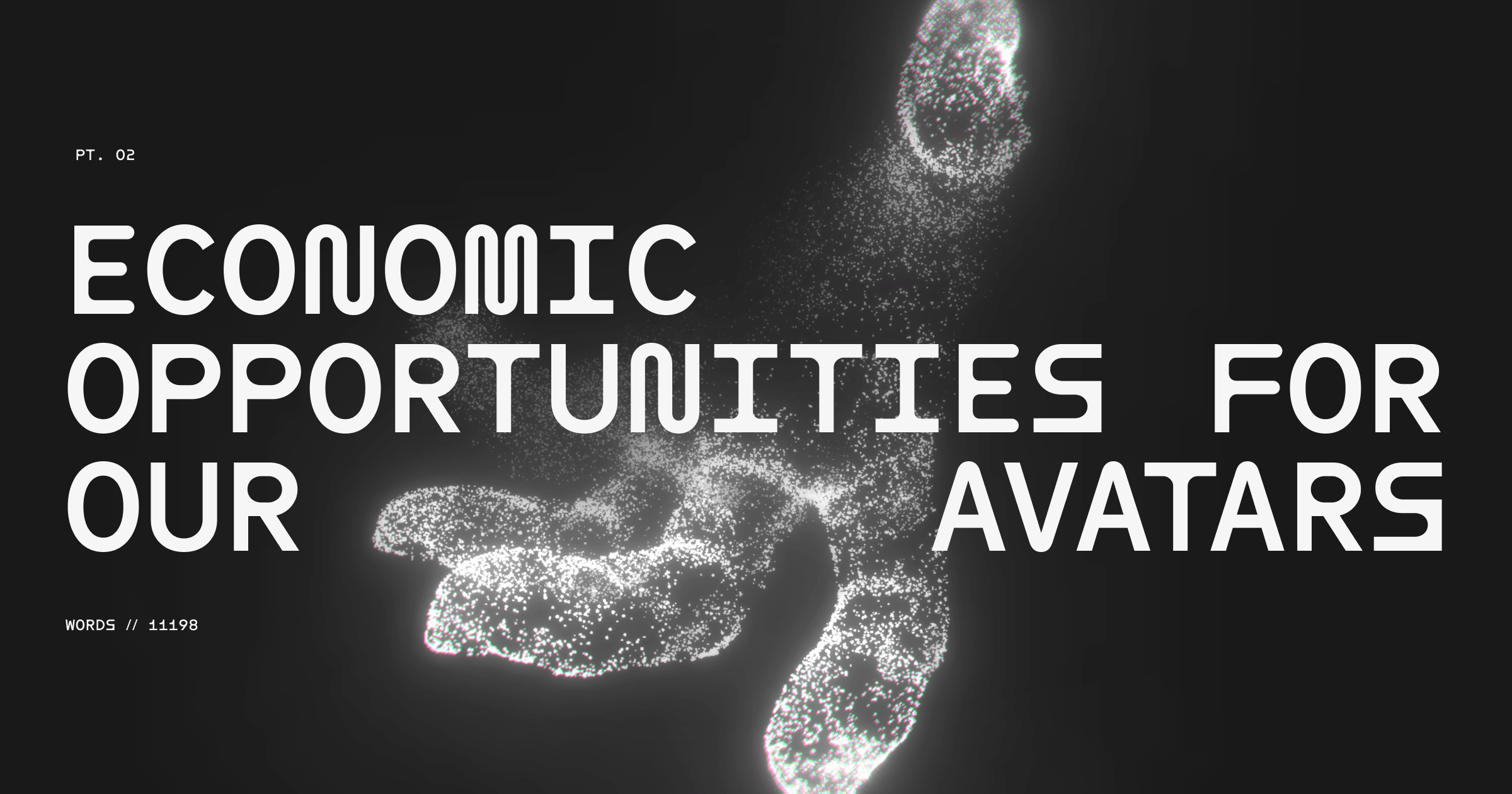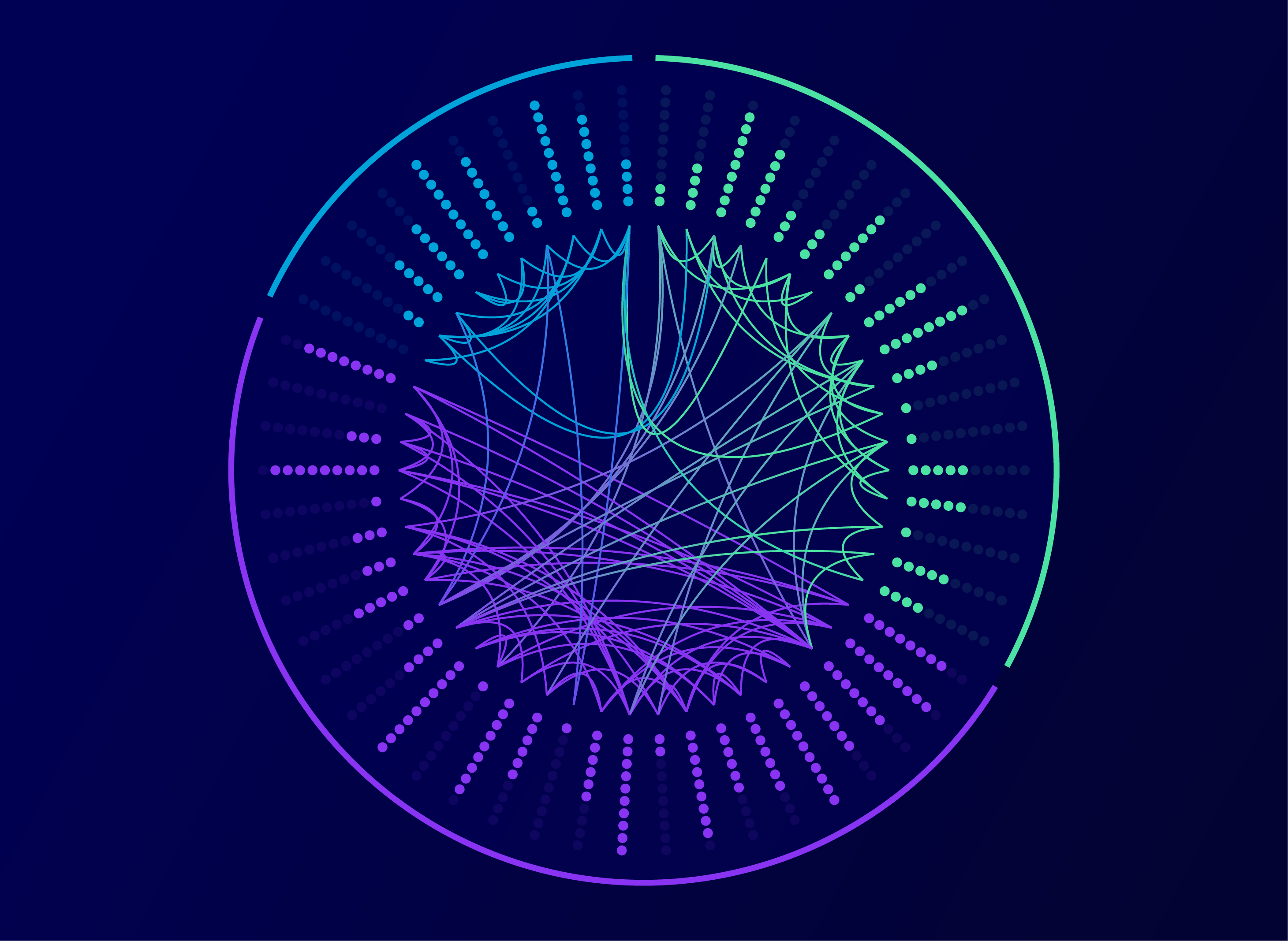Social Mobility in the Digital Age

Social mobility is the promise upon which modern democracy exists. For decades in democratic capitalist countries, the average person earning an average wage could afford an average home close to where they work. Healthcare, childcare and education were not prohibitively expensive. Retirement at 65 was normal. Parents could expect that their kids would be better off than they were. None of these statements hold true today.
This project is a deep exploration of the mechanics of social mobility in developed world economies in the digital age. There are three parts, beginning with a contemporary introduction to social mobility, followed by an exploration of how technology facilitates new social mobility opportunities. The third part looks at new ways to predict future instability through the lens of social mobility.
Part 1 | A Promise Broken

Neoliberal economic measures since the 1970s have generally led to very high levels of employment, demand and profits. But they have also been accompanied by high levels of dissatisfaction across society, as assets and home ownership increasingly escape the reach of the average earner. What are some of the motors of downwards social mobility today? What kinds of radical consequences is declining social mobility likely to have over the coming decade?
Read A Promise Broken
Part 2 | Economic Opportunities for our Avatars

When it comes to social mobility, technology is both the problem and the solution, benefiting some while excluding others. As wage inflation declines, we witness the emergence of new digital economies that are facilitating dramatic wealth accumulation for a small few and supplemental earnings for many. Who stands to benefit from these emerging economies? How might the technologies on which they are built serve to constrain rather than liberate us?
Read Economic Opportunities for our Avatars
02/03
Related Projects
03/03
L’Atelier is a data intelligence company based in Paris.
We use advanced machine learning and generative AI to identify emerging technologies and analyse their impact on countries, companies, and capital.


